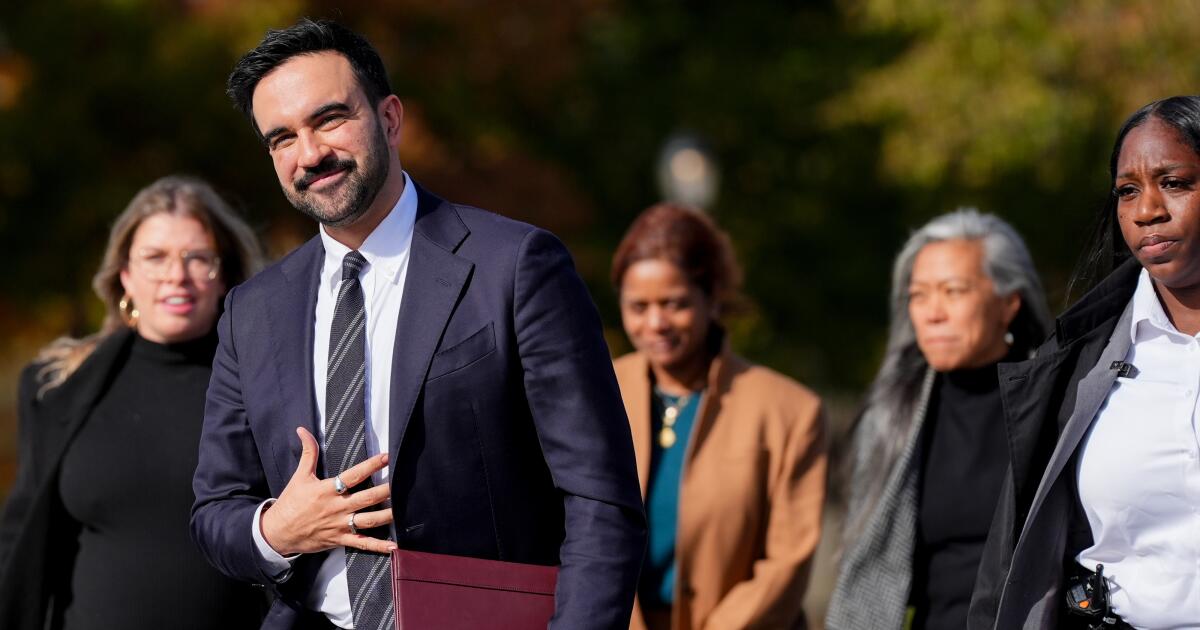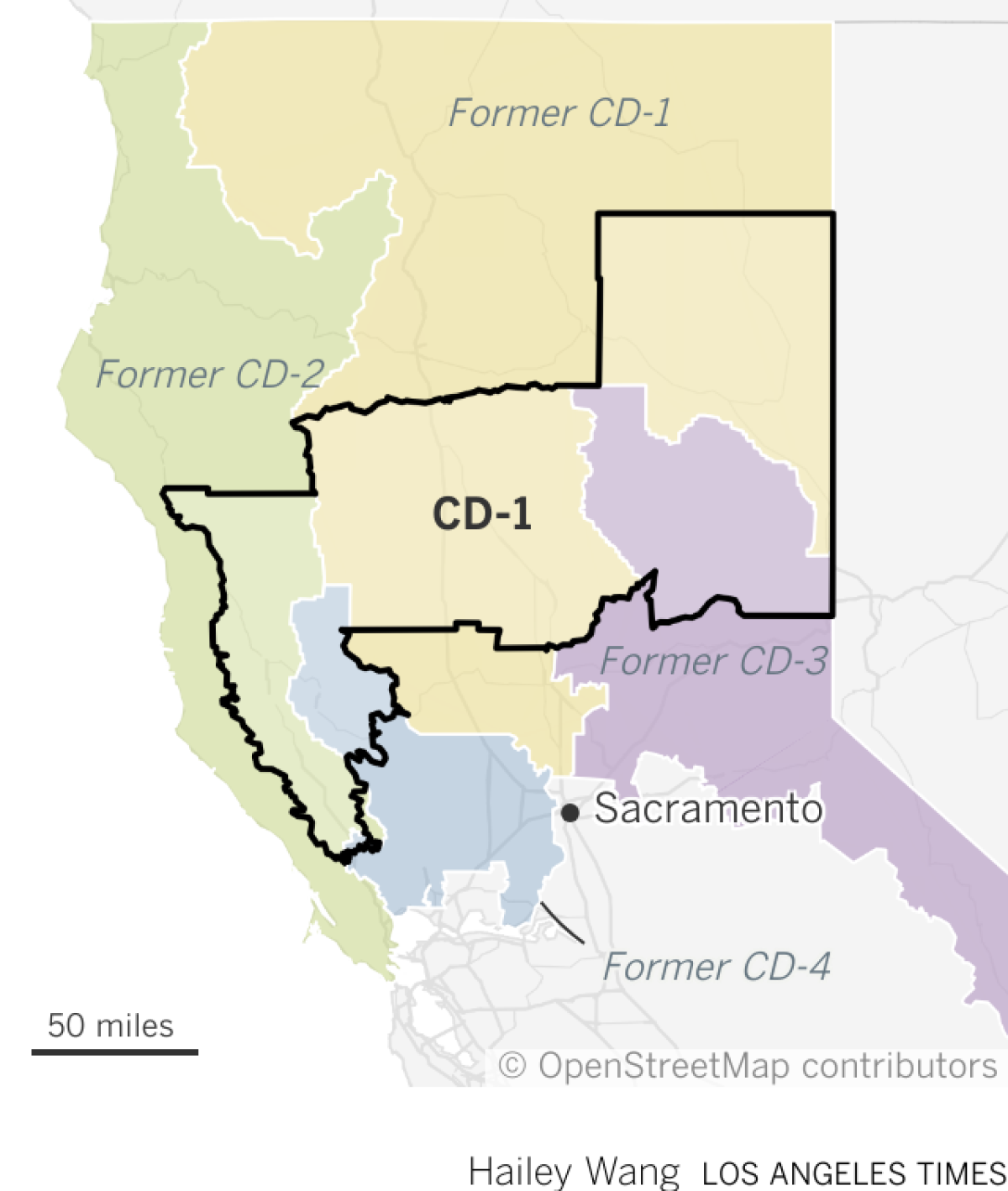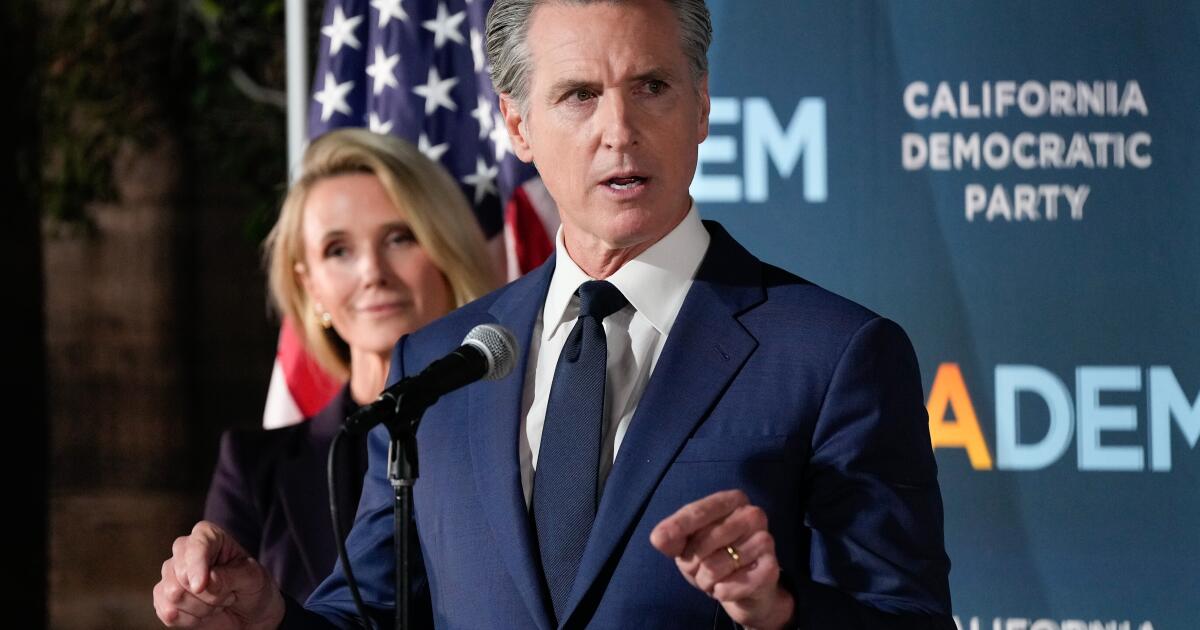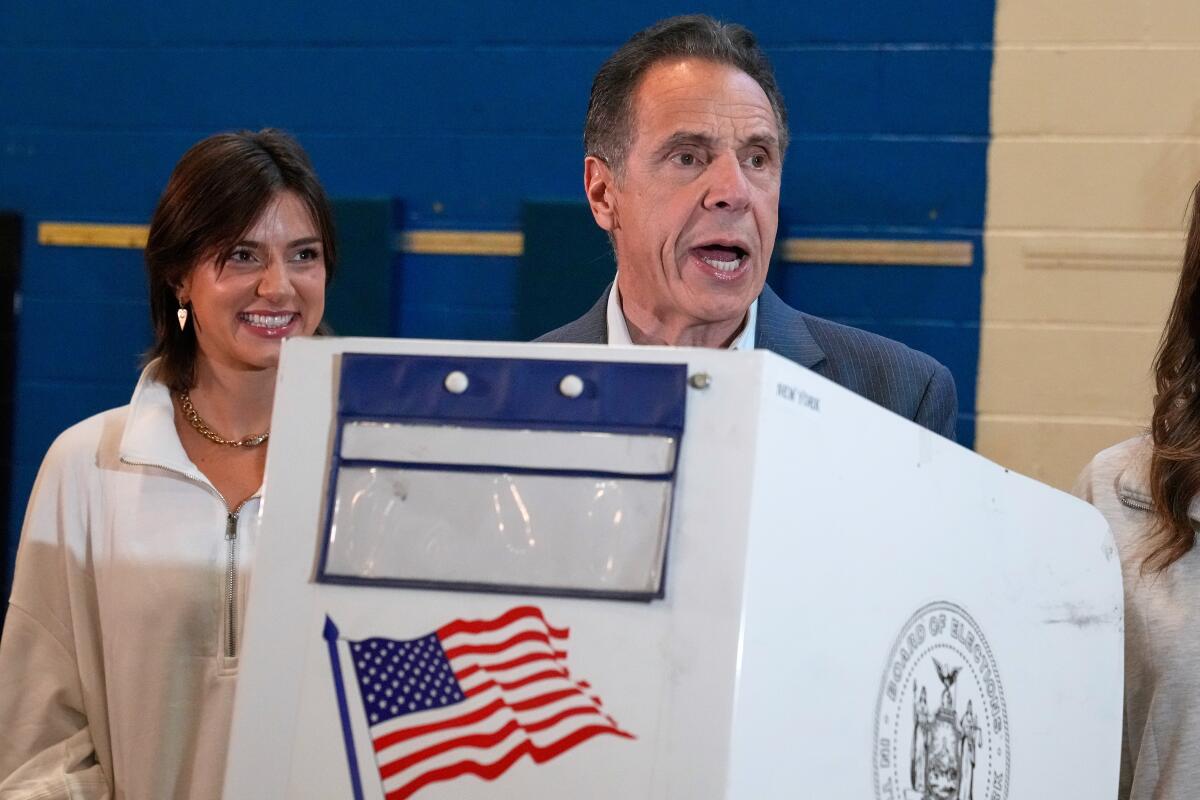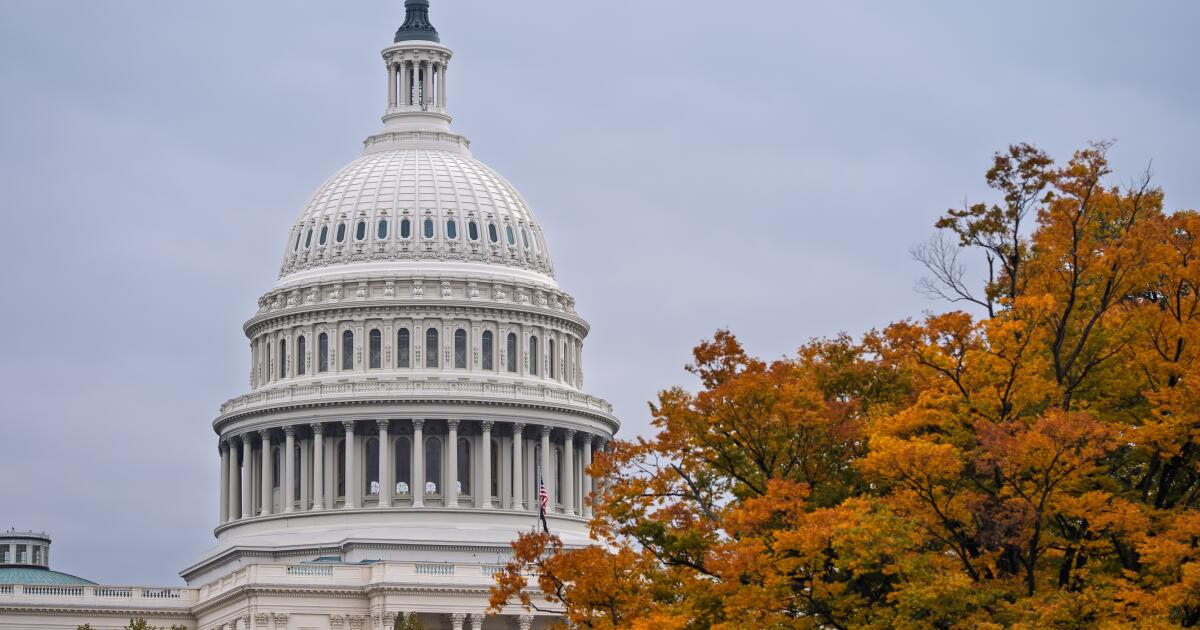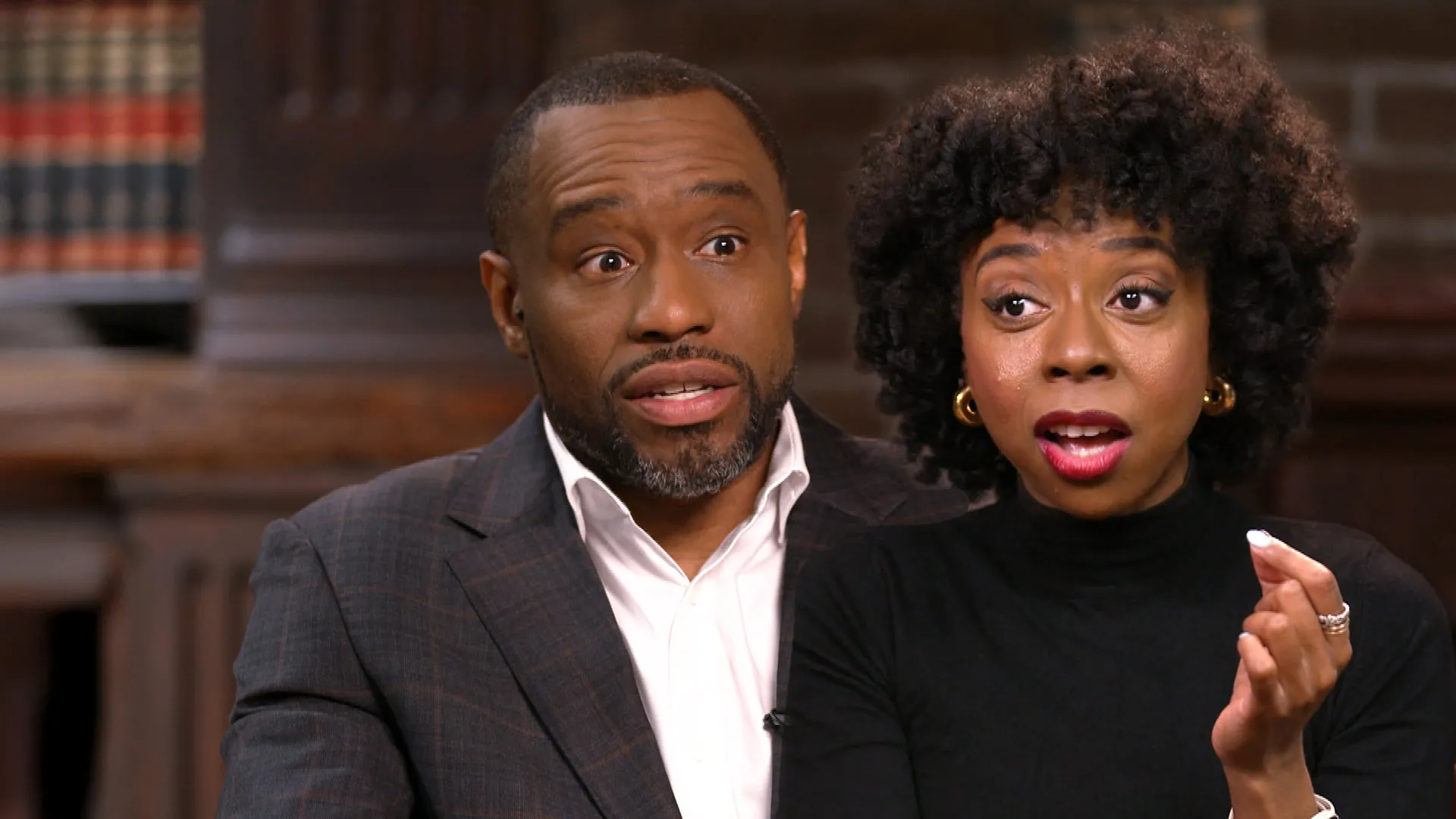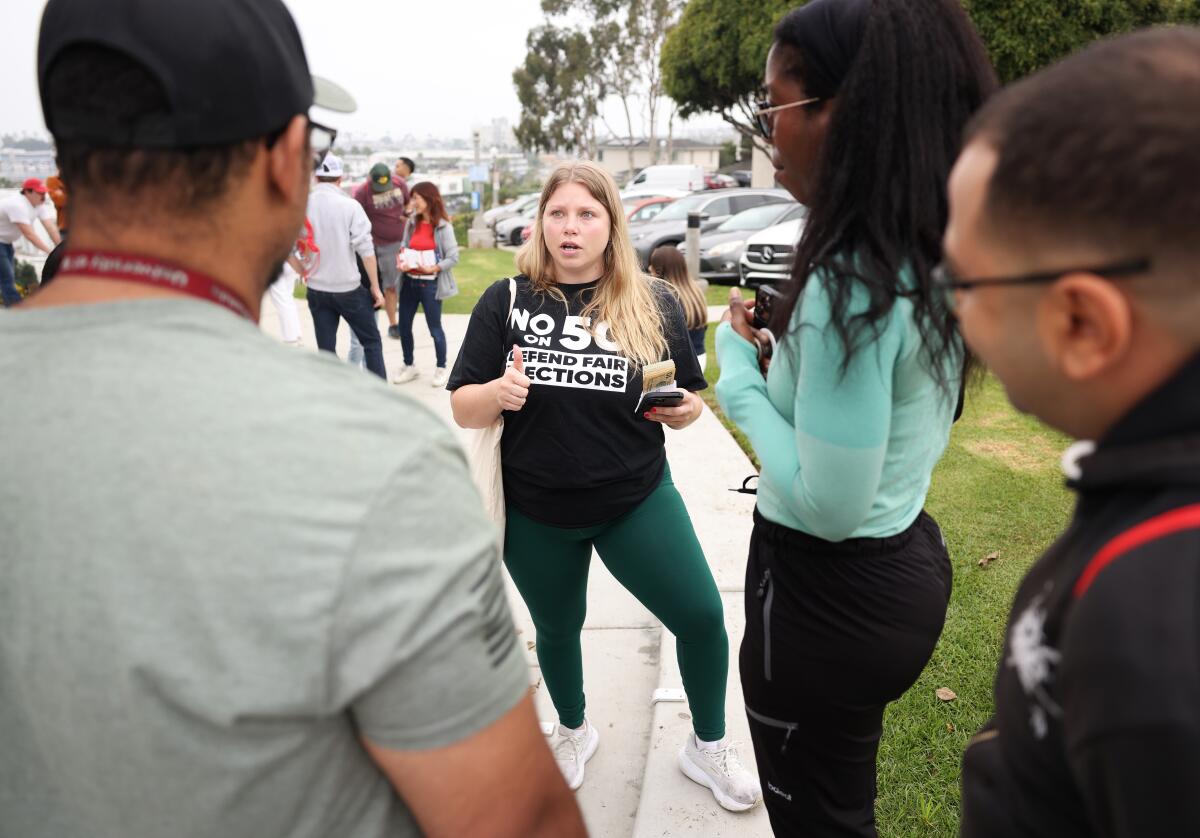Tom Rosenstiel, formerly a Washington correspondent for The Times, now covers Congress for Newsweek
In January, 1991, as America stood on the edge of its first war in a generation, a quiet, bespectacled man stood in the well of the U.S. Senate and forced the nation to hesitate and think. George J. Mitchell, a former federal judge who was then Senate majority leader, had successfully pressed the Bush Administration into something Presidents had ignored for half a century: allowing Congress its constitutional authority to vote on making war.
Mitchell’s maneuver was politically perilous. Anyone who opposed the Gulf War risked appearing disloyal to the country and its then enormously popular President. Yet what followed, people in both parties now recall, was one of the finest moments in Senate history, a high-minded and highly emotional debate of conscience by a nation about to send its young people to war.
During George Bush’s four years as President, it was only one of many incidents when Mitchell, an intellectual politician in the era of three-second attack politics, drew sharp lines between Congress and the Republican Administration. For a time, the stoic New Englander, who avoided flashy TV sound bites and had a strong commitment to lighthouses and waterfowl, was the most important Democrat in the country.
Mitchell had risen to majority leader with historic speed. He was in only his eighth year when the Senate picked him as its leader. The former political protege of legendary Maine Democrat Edmund S. Muskie, Mitchell had spent much of his time in the Senate fighting to pass two liberal bills, a Clean Air Act and a law to clean up oil spills. He struck colleagues as uniquely decent and fair, disciplined, unemotional and deeply intellectual.
Early in 1994, he stunned Washington by announcing he would not seek almost certain reelection for a third term. He then turned down a seat on the Supreme Court in the spring of 1994. Some speculated that he was holding out to become commissioner of baseball. Still others linked his court demurrer to the fact that the 61-year-old divorce would marry 37-year-old Heather MacLachlan, a manager of professional athletes.
He dedicated the rest of his Senate career to passing health-care reform, but by October, that effort had collapsed. Then, on Election Day, his chosen successor for the Senate lost, the seat going to Republican Olympia Snowe. His party had lost the Senate after six years in the majority and the House after 40. On election night, Mitchell says, he never saw it coming.
During his last week in Washington, Mitchell sat down a t the polished conference table in his elegant Senate office to reflect on his leaving. He was still busy, juggling plans for his marriage in December and managing the passage of GATT , always dressed in crisp white shirt and dark suit, even on Saturday. But over the course of three long sessions, his reserve began to ease and his hands to wave as he reflected on what is right and wrong with the U.S Congress, on President Clinton, the Republican and Democratic parties, and about why so many Americans feel the nation is in political crisis.
*
I was taken by surprise. I’d hoped that we would retain control of both the Senate and House, although I knew that we would suffer some losses. In off-year elections, the party of the President usually loses about four seats in the Senate. We lost eight.
In retrospect, if the Administration and the congressional leadership had decided to forgo health care for this year and concentrated on welfare reform, it might have produced a different result.
But I think the Democrats are also suffering the effects of larger cultural, political and economic upheaval. Whenever a society is in transition, there’s uncertainty, anxiety, even fear. Clearly, we are a society undergoing major transition now. For most American families, incomes have either declined or remained stagnant. People see now that it is not inevitable or likely that incomes will continue to rise. Whenever there is a major transition, there is a natural desire, even a longing, for a simple, easy answer–Why is this so? How can it be corrected? There is a nostalgia for the past, often an inaccurate glorification of the past. We’ve had in our history times when seemingly simplistic answers have been offered, which in retrospect look ridiculous. The Know-Nothing movement flourished in the mid-19th Century; the Ku Klux Klan flourished early in this century; we’ve had a lot of Red scares; we’ve had a lot of things we look back on and wonder now how they happened. But at the time, given the state of anxiety and fear, it’s understandable.
I want to make very clear that I do not equate what happened this year with the Ku Klux Klan or the Know-Nothings. I’m simply describing a phenomenon of a society in transition being (susceptible).
What the Republicans did was very skillful. They developed a clear and simple message–that if we can somehow stop this expansion of government authority, then family values will be restored. It has an appeal. It’s simple, it’s comprehensible, it appears to be logical. Of course, it isn’t going to restore those values. It certainly isn’t going to do the really essential thing of promoting economic growth. Indeed, they also labeled the Democrats as the party of high taxes. In fact, the President’s economic plan passed in 1993 raised income-tax rates only on the highest-earning 1.2% of all Americans and cut taxes for most lower- and middle-income families. Polls show people don’t know that. But the Republicans didn’t make up their argument out of whole cloth. Democrats helped them.
For too many in our party, government became a first resort rather than a last. There was an inability to distinguish between principle and programs–we became committed to programs. Democrats have succeeded when we have seen the difference and when we have been perceived as the party of economic growth. But in recent years, we’ve become increasingly perceived not as the party trying to make the economic pie grow but as the party trying to make sure that every single person gets an absolutely equal slice of the pie. That has coincided with a polarization of income concurrent with the polarization by race.
In Congress, meanwhile, the Republicans have been very skillful, cynical but skillful, in creating a gridlock from which they have benefited.
Perhaps the best example is the first item in the House Republicans’ contract with America, which would require that all laws that apply to the rest of the country also apply to Congress. That’s a good idea, isn’t it? It’s so good, in fact, that we Democrats have promoted this legislation even longer than Republicans. That bill passed the House of Representatives when it was controlled by Democrats.
When I tried to bring it up in the Senate, Republican senators objected. They prevented the Senate from considering the legislation that their party said was No. 1 on its contract. That’s cynicism and, I’m sorry to say, successful cynicism. Now next year they’ll pass the legislation, and they’ll say, “Look here, we’re honoring our contract.”
*
Though they barely knew each other before Election Day in 1992, Mitchell was one of President Clinton’s closest allies during the past two years. He fought for Clinton’s deficit-cutting budget in 1993 and battled for health care reform in 1994 even when most Democrats thought the battle was lost. Since the Democratic defeat in November, many in Mitchell’s party have laid most of the blame on Clinton.
*
I think the problems the President has encountered are largely the result of too ambitious an agenda. If we had had just a few items, I think we’d have been a lot better off.
In retrospect, moreover, if I had known that health care would not be enacted, it would have made sense to discontinue the effort and to go on to welfare reform. But nine months ago, (passing health care) looked pretty good.
I didn’t know then-Gov. Clinton very well prior to the election, but I came to consider him extremely intelligent, very knowledgeable on issues, hard working, and the policy positions he has taken are mostly, not always, consistent with my own.
I recall one meeting last year, when he had a group of us to the White House for dinner to talk on health care, bipartisan, maybe 10 or 12 senators. Usually at these meetings, the members of Congress know all the details because the President speaks in general terms. It became evident quickly that the President knew much more about the details than did any of the members. It was a complete reversal in terms of knowledge of the subject.
I also disagree that the President is vacillating and indecisive. Historian Garry Wills has compared Clinton to Lincoln and said that the difference is Clinton does it all publicly in advance, and Lincoln did it all privately, behind the walls of the White House. I think one of the problems that has depicted this White House as vacillating is that they do their thinking out loud.
It is unfair, too, to have suggested that President Clinton has no bedrock principles on which he will not compromise. Look at the things he’s taken on. Why does he have political problems? In the South, they say it’s because of the policy on gays in the military. Is this a man without conviction? I don’t see how critics can have it both ways. On the one hand they say he pursued unpopular policies, on the other he doesn’t have convictions.
I have a theory, though it’s entirely subjective and personal, that economic matters are more important to the electorate in presidential elections than they are in off-term elections. I think if the economy stays strong, he’ll be in a much better position to gain reelection than he is now. Right now he’s being measured not against another person, but against each citizen’s individual subjective idealization of the presidency. When he runs, he’s going to be running against a person, (who will) have a personal life and a business background that will be relentlessly scrutinized. I’m convinced that Ross Perot will be running, and that will help President Clinton–even more than in ‘92, because the Perot supporters are much more Republican now. I think Bill Clinton will be reelected.
*
Mitchell said he began thinking about retiring the day of the 1994 State of the Union speech in January. There were many factors, but important among them was the realization that if he didn’t leave now, at 61, he would become too old to take up anything else–such as, for instance, baseball commissioner.
*
In 1993, when I turned 60, I decided to celebrate by climbing the highest mountain in my home state of Maine, Mt. Kitahdin. It’s one of the toughest non-technical climbs in the East, a mile high and about a 4,000-foot vertical climb.
There are two peaks on Mt. Kitahdin: Pamola Peak and the summit. The distance between them is a narrow ledge that stretches more than a mile, called the Knife’s Edge; I have a fear of heights.
Late that night, after we finished, I told my friends that the climb reminded me of Charles Darwin’s trip around the world, during which he first conceived the theory of evolution. It was a physically rough trip for him; he was sick for a large part of the time. He never made another such trip, and he spent the rest of his life talking about that one. That’s the way I felt about climbing Mt. Kitahdin.
That is also how I feel when I reflect on what it took to pass major legislation in the U.S. Senate, including one of my highest priorities, the Clean Air Act.
I had run for majority leader in 1988, in significant part so that we could pass some of the legislation that I had tried for six or seven years to make into law and failed. After I was majority leader, and we finally got the clean air bill onto the floor, it became obvious it couldn’t pass. I didn’t want it to die, so I decided we should negotiate. We spent over a month in my conference room–members of the Bush Administration and senators, groups of 10 or 12, sometimes 50 or 60. There were many 16- to 18-hour days. We went over every provision, negotiating in good faith, and we finally reached a consensus.
That’s what it takes to enact major legislation. And that is one of the few tools available now to the Senate majority leader: the ability to get people together, to get them to listen to each other. No longer can a leader order senators to follow. Lyndon B. Johnson centralized power in the majority leader. He was able to exert influence on his colleagues for three reasons. One was his personality. Second, he had the power to appoint all senators to committees and to remove them from committees. That can make or break a senator’s career. The other was that if you wanted a roll call vote, you had to get his approval. He used those powers very effectively, but in the minds of many of his colleagues, he abused them. When he left, those powers were taken away from the majority leader, so majority leaders since have had very little in the way of institutional tools to impose discipline (over their party or the institution).
I have advocated that some of these powers be restored. Bob Dole, the new majority leader, disagreed. I expect he may change his mind now. Of course, the Senate could make these changes simply by operating with a resumption of the self-restraint that existed among its members for most of our history but no longer does.
In the entire 19th Century there were 16 filibusters in the U.S. Senate–an average of one every 6 1/2 years. For most of this century, filibusters occurred fewer than once a year. In the 103rd Congress just concluded, there were 20 filibusters attempted and 72 motions to end them.
It is harder to govern now, I think, because of the tone in politics today, which debases public discussion. Distrust of Congress and elected officials is not new in our society, but I think several factors have contributed to the increase in negativism in politics.
First, the press has abandoned many of the traditional restraints it imposed on itself with regard to reporting on the personal life of public officials. Second, television. The viewer, the voter, hears candidate Tom say that his opponent Diane is a bum; Diane responds that Tom is a crook, and so the voters come to believe that they have a choice between a bum and a crook. A third factor, I believe, is partisan. Until Bill Clinton was elected, there seemed a nearly permanent state of affairs in which the presidency was held by Republicans and the Congress by Democrats. So for nearly two decades, Republicans bashed the Congress.
All of those things have combined to create a highly negative discussion in which issues are oversimplified and reduced to slogans.
*
In his own career, Mitchell was unusually fair and bipartisan when it came to dispensing the rules of the Senate. Among his first acts as majority leader was ending the practice of tactical surprise . Before that, both sides had to keep one senator on the floor at all times . But Mitchell could also be scorchingly partisan when it came to policy differences.
*
We Democrats bear responsibility for the failure to deal more effectively with the nation’s problems. But so do Republicans. Their policy in the Senate in 1994 was one of total obstruction. Let me give you an example.
We passed earlier this year in both houses the gift- and lobbying-disclosure legislation. The Republicans really didn’t want it, so when the bill came up for final passage in the House, Newt Gingrich concocted this argument that it will have some effect on grass-roots lobbying, and they got Christian organizations to come out against it. That same excuse was used in the Senate. So I offered to take that provision out and vote on the same bill that we had passed by a vote of 95 to 2 a few months earlier. Which, of course, all the Republicans had voted for. But they refused. When you prevent legislation that you’ve actually voted for, you’re engaged in a policy of total obstruction. But it worked. The Republican (complaint) was, well the darned place isn’t functioning. The Democrats are in charge, so let’s change the people in charge, and maybe we’ll get some action.
Now they are in a different position. I think the Republicans will soon learn that it’s easier to campaign against something than to govern. You actually are responsible for acting. I think we Democrats suffer the burden more because we believe that government can produce beneficial results and conditions in our society. But we didn’t do a very good job of making that case this year.
I don’t know Newt Gingrich very well. Most of my dealings have been with Bob Michel, who was the Republican leader in the House for all of the time that I was majority leader. Newt sort of took over during the latter stages of this Congress. My impression is that he’s very smart and appears to be committed to an ideology. But I wonder if he is smart enough to recognize that in order to be a successful Speaker, he will have to use an approach different from that which got him to be Speaker–basically the difference between campaigning and governing.
I believe people can change. In general terms, I think people grow in office. I think people become more responsible with increased responsibility, become more active with increased demands on them. But I have no way of knowing in his particular case.
*
For all his frustration, even anger, Mitchell wanted to assert that he does not feel jaundiced about politics and the future. He also remains, in the parlance of Washington, an unreconstructed liberal, though not without complaints .
*
For all this, the problems of the party and the historical forces the Republicans have capitalized on, I don’t share the view that the country is shifting ideologically. Nor do I fear that the Democratic Party is somehow marginalizing itself. I am, on the contrary, very optimistic.
I’ve written a lot of bills that have become law, and many of them are meaningful to me. I’m the author of something called the Lighthouse Preservation Program. It’s a very small bill, but I regard it as a great accomplishment.
It’s ironic that at this moment, when American ideals and culture are ascendant in the world, when the American economy is the most productive and efficient in the world, when unemployment in America is less than that in virtually every other developed industrial democracy of the world, that Americans should be so anxious and fearful, such easy prey for demagoguery and scapegoatism. I think the Democrats still are the party of opportunity and economic growth.
What we have to do is to narrow our focus to economic-growth policies as opposed to trying to solve every other problem. I can sum up my philosophy in a sentence: In America, no one shouldbe guaranteed success, but everyone should have a fair chance to go as far as talent, education and will can take them.
